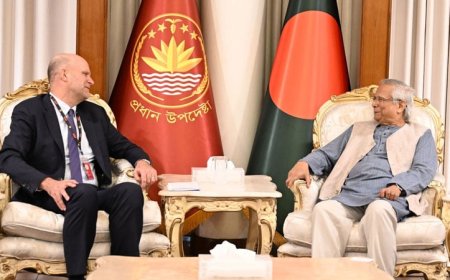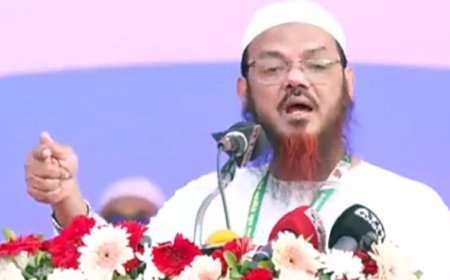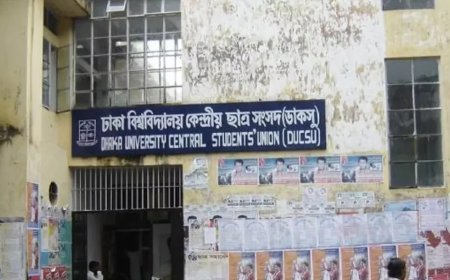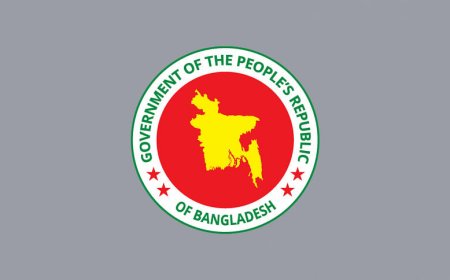Disagreements among parties regarding local government elections
The BNP advocates for transferring power through national elections, while the National Citizens' Committee calls for holding local elections sooner.
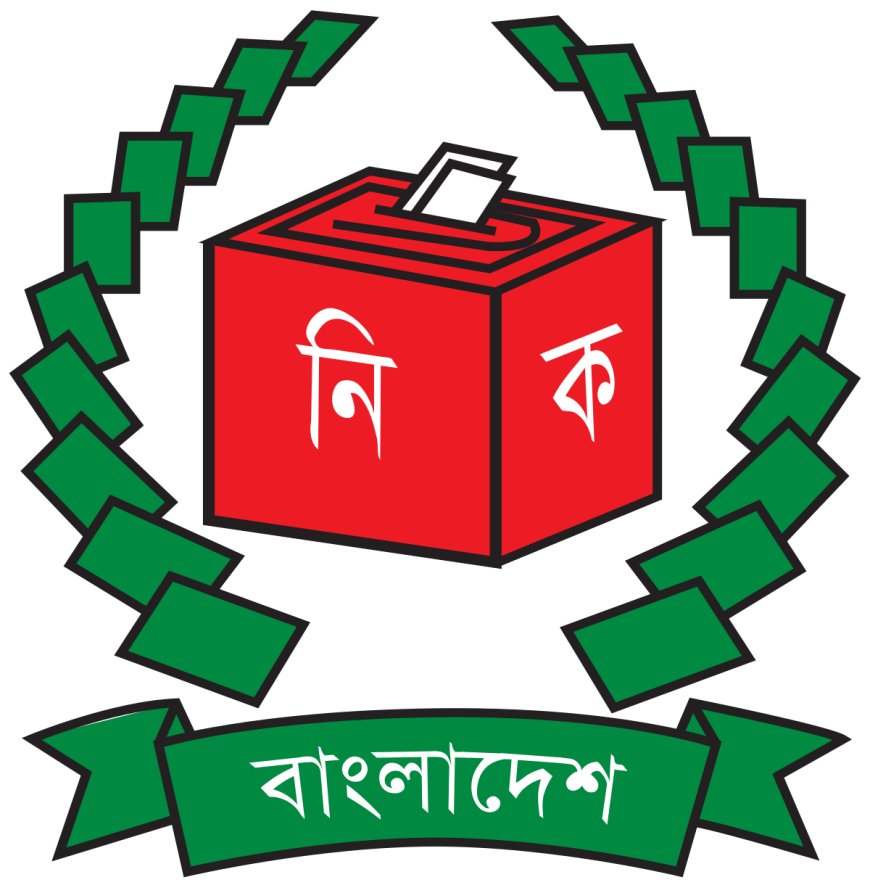
The interim government, led by Chief Advisor Professor Muhammad Yunus, announced plans to prepare for local government elections alongside national elections. This statement has sparked debate over whether local elections should precede national ones. Analysts argue that if local elections are held, they must occur before national parliamentary elections since the interim government will relinquish power to an elected government afterward.
Political Stances
Differences persist among political parties regarding the timing of local government elections:
- BNP and Allies: The BNP strongly opposes holding local elections before national elections. BNP Standing Committee member Amir Khasru Mahmud Chowdhury emphasized that the interim government’s sole responsibility is to conduct a fair national election and transfer power. He argued that discussing local elections could distract public focus from the national elections.
- Jamaat-e-Islami: Spokesperson Matiur Rahman Akand suggested prioritizing national elections to restore a constitutional government, postponing local elections until later.
- National Citizens' Committee: This group advocates for holding local government elections first, believing this sequence will help address governance gaps and improve service delivery.
- Mass Solidarity Movement: The group proposes broader consultations to reach a consensus on the issue.
Local Government System Reforms
The Local Government Reform Commission is exploring significant changes, including:
- Unified Laws: Integrating separate laws governing union councils, municipalities, upazilas, district councils, and city corporations into a single legal framework.
- Simultaneous Elections: Holding elections for all local government bodies in a region on the same day to reduce costs.
- Elimination of Party Symbols: Removing party-based contests for local government positions.
- Changes to Leadership Selection: Proposing indirect elections for mayor and chairman roles, where elected councilors or members choose leaders from among themselves.
- Executive Councils: Establishing executive councils at upazila levels with members elected by union council representatives.
- Direct EC Oversight: Shifting the responsibility for local elections directly to the Election Commission rather than the Local Government Department.
Administrative Challenges
Local government institutions currently lack elected representatives, leaving citizens underserved. The reforms aim to fill these gaps and create a cohesive system. The Commission also plans to address unique governance challenges in the hill districts by fostering collaboration between ethnic groups.
Political Implications
Political analysts warn that prioritizing local elections could erode trust among major parties, especially if it delays national elections. They recommend that the interim government engage in dialogue with political stakeholders to establish clear priorities and ensure transparency. Any missteps could amplify public and political suspicion.
The Electoral Reform Commission is expected to submit its findings by mid-January, while the Local Government Reform Commission's report is due in late February. Based on these, the government may decide on local elections by mid-year, depending on stakeholder consultations and legal amendments.
What's Your Reaction?







